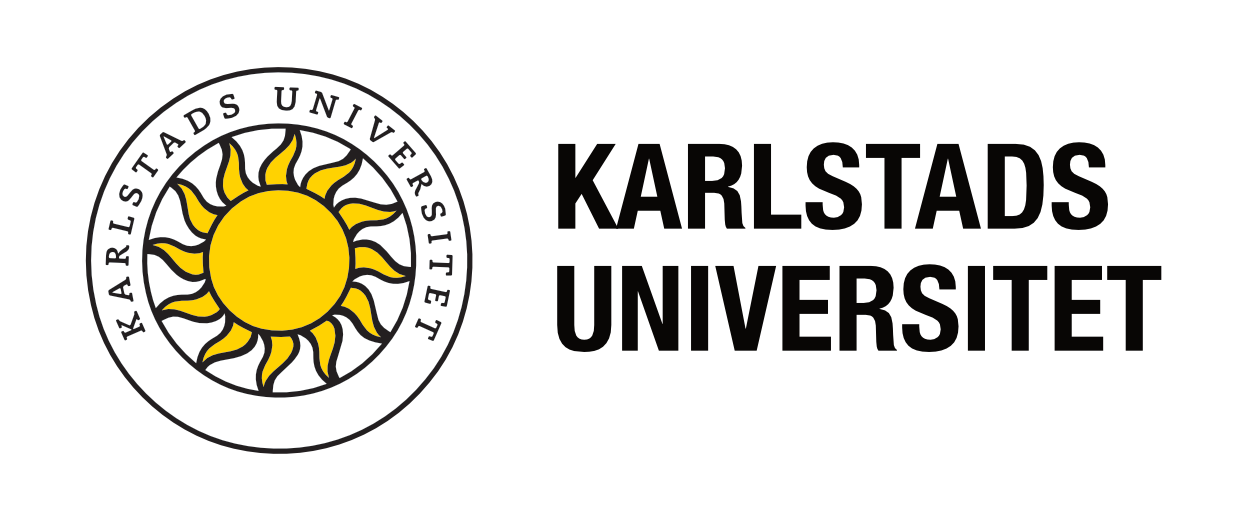Here is an example of how systematic language training – reading, writing, managing academic texts – have been implemented in all courses of a 1-year study programme that concludes with an independent project. We hope it will inspire you.
Continue reading “Tips: Systematic language training through a series of programme courses – an example”Tag: Pedagogical idea
Planning language progression throughout an entire study programme
A student with generally weak language skills is not likely to solve the issues over the time period of one single course. Measures to strengthen a student’s language skills therefore need to be planned using an overall approach that looks at the entire study programme.
Continue reading “Planning language progression throughout an entire study programme”Mandatory course components: When can we use it?
The general principle for higher education is that it is voluntary for the student. The only mandatory element is the examination. However, certain course components can be made mandatory, even if they are not part of the examination. How?
Continue reading “Mandatory course components: When can we use it?”Formulate a pedagogical idea for the course!
It is difficult to discuss details in something, e. g. a course structure, if you do not have an idea of the whole. What is the whole that the details are intended to support? What is the pedagogical idea for the course that the details should realize?
Continue reading “Formulate a pedagogical idea for the course!”Tips: Structure in the course with Canvas ‘Study Planner’
With the canvas tool Study Planner, you can help students create structure in their study work and in their planning. In addition, the tool helps you assess how your course structure will affect the students’ workload. Have you created a reasonable structure?
Continue reading “Tips: Structure in the course with Canvas ‘Study Planner’”About feedback: Feed up, feed back och feed forward
The terms feed up, feed back and feed forward come from a classic article by John Hattie and Helen Timperly. What do they stand for?
Continue reading “About feedback: Feed up, feed back och feed forward”Tips: Hybrid examination as a strategy to get more students to finish
Students were offered to do small assignments during the course. These assignments gave them extra points at the final examination. The purpose was to motivate them to engage in a relatively extensive course literature written in English. It turned out that the more assignments that students did, the better they also scored at the assignments in the final exam. (Swedish only.)
Continue reading “Tips: Hybrid examination as a strategy to get more students to finish”Story: Multimodal logbook at VFU for better teacher-student contact
In the vocational teacher education, students at their VFU (Placement) have kept a multimodal digital logbook about some pre-determined assignments that are related to the course objectives. The assignments were about mind maps, assessment matrix and tripartite conversations, i. e. three different forms of reflection. (Video, 24 min., only in Swedish)
Continue reading “Story: Multimodal logbook at VFU for better teacher-student contact”Torgny Roxå on improving teaching culture
In his presentation at UPE’s conference Redefining Learning Spaces 2021, Torgny Roxå shared his experiences from developing academic teaching culture at Lund University. It is a lot about using students course feedback and teachers’ course evaluation as tools to gradually create positive change over a long period of time.
Continue reading “Torgny Roxå on improving teaching culture”Motivation and study
What will make your students engage extra in their studies? How can we, as teachers, influence this?
Continue reading “Motivation and study”
